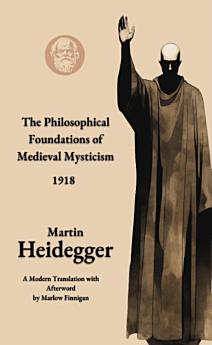The Philosophical Foundations of Medieval Mysticism
Tungkol sa ebook na ito
Heidegger's "The Philosophical Foundations of Medieval Mysticism" (original German "Die Philosophischen Grundlagen Der Mittelalterlichen Mystik") is a draft for a lecture written in 1918/19 but never delivered. Here Heidegger examines the phenomenological understanding of religious experience, distinguishing it from historical, metaphysical, and psychological perspectives, addressing the methodological challenges of interpreting mystical experiences, emphasizing the importance of a primordial understanding that transcends theoretical biases. Central themes include the experiential and theoretical aspects of mysticism, its metaphysical interpretation, and the philosophical complexities inherent in the study of religious consciousness. It is a fascinating examination of the impacts of Scholastic thinking on the modern age.
Heidegger’s later thought (post-1930) occasionally gestures toward mystical themes: Eckhart’s Gelassenheit (“releasement”) resonates in his critique of technological Gestell, and he often framed thinking as a “poetic dwelling” akin to mystical openness. But in 1918, such ideas were absent. His interest in medieval philosophy centered on logic and ontology, not mystical experience. The confusion underscores a broader tendency to retroject Heidegger’s later motifs onto his early career.











